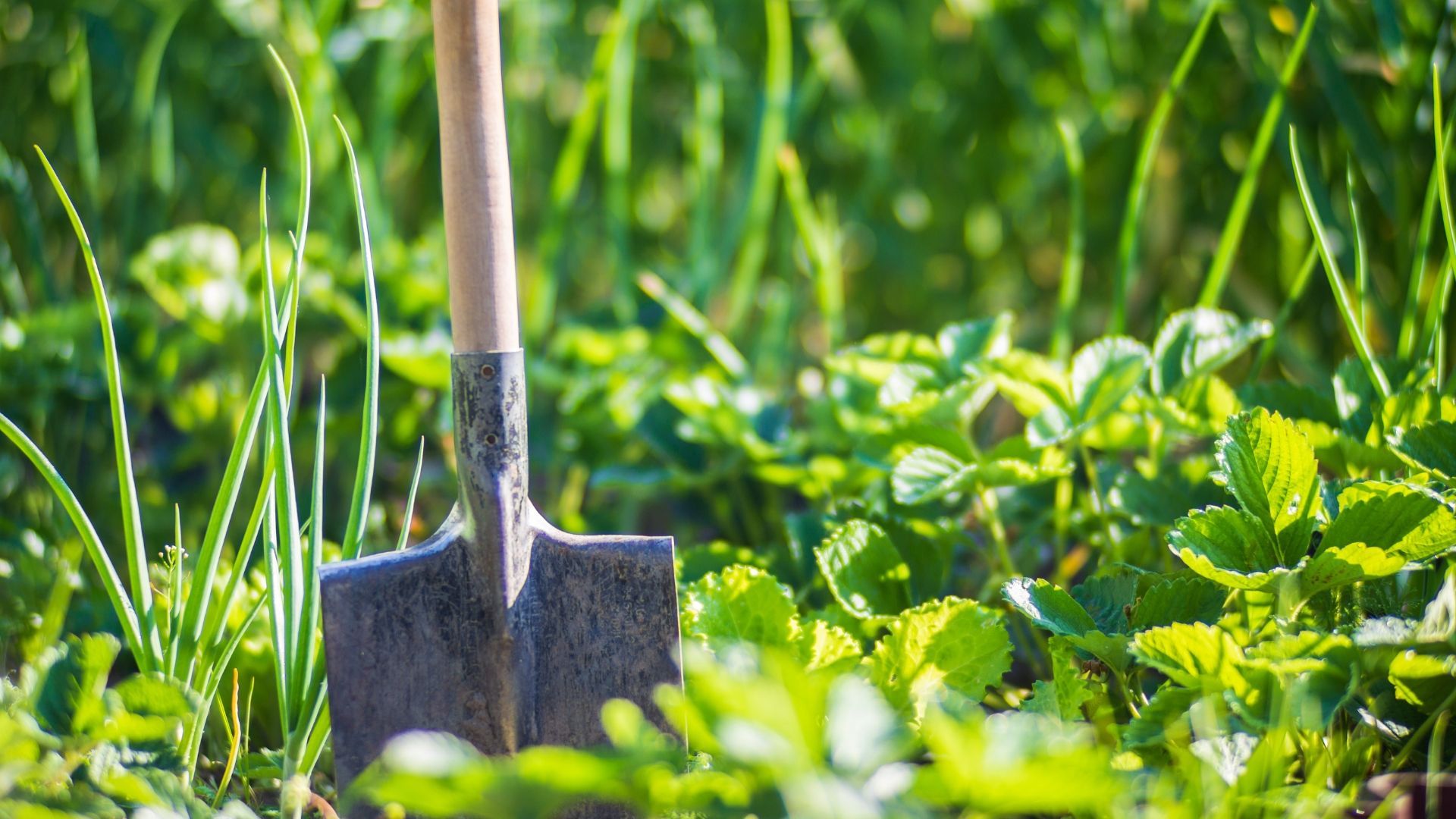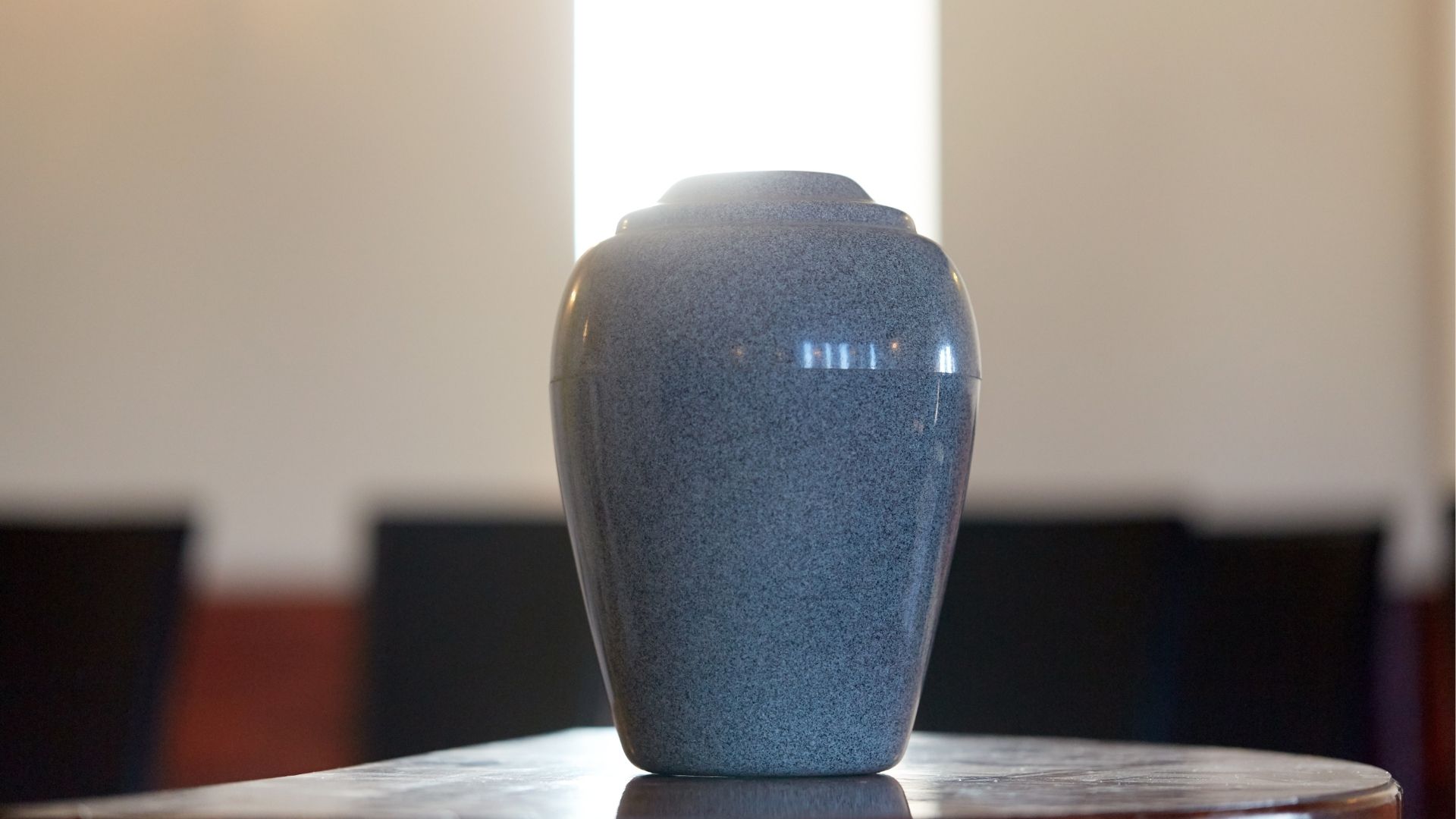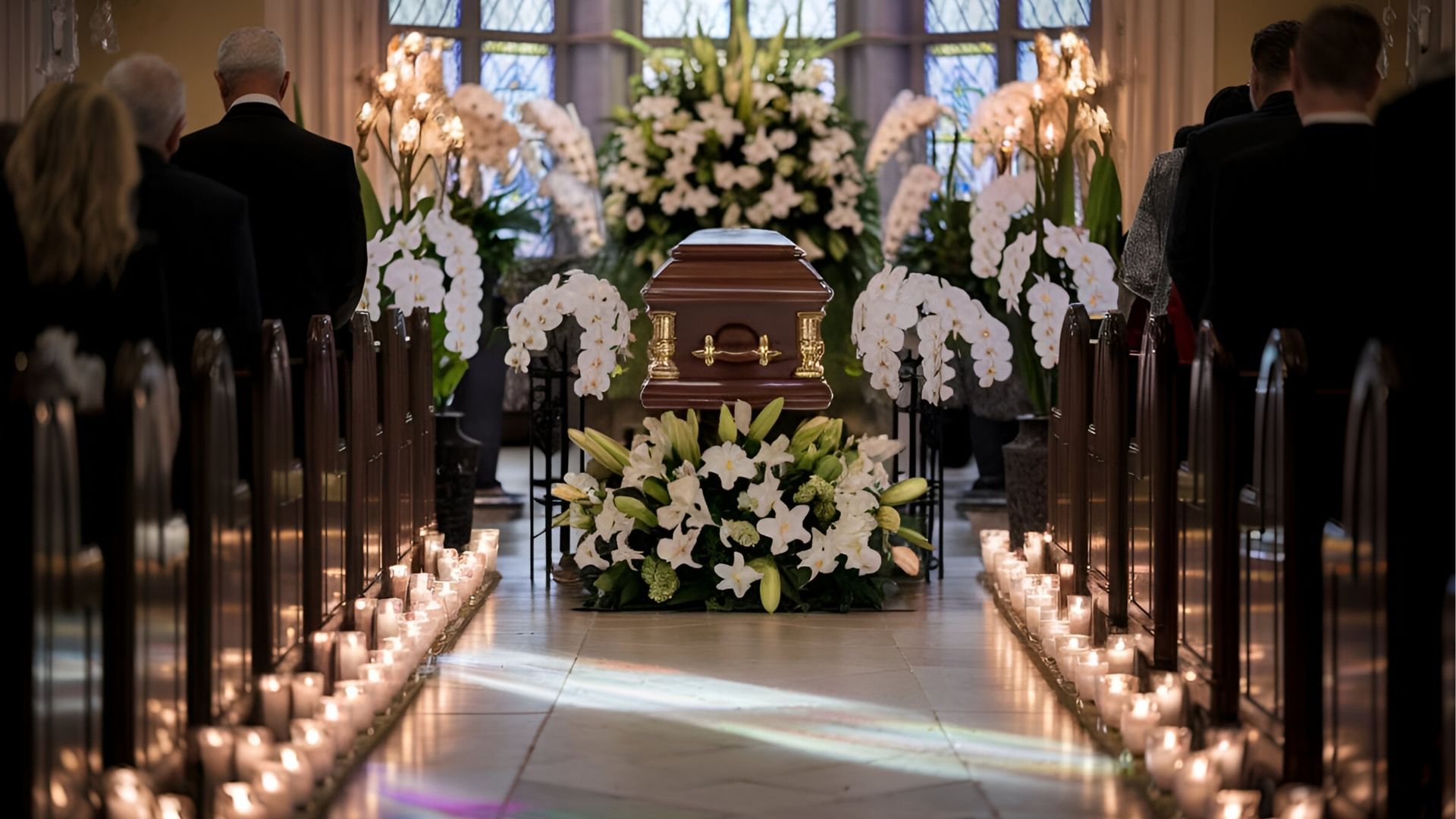Can you be buried on your own property in the UK?
Can you bury someone in your garden? The answer is yes – but it's not always straightforward. Learn the key facts about home burial.

Traditional funerals are becoming less common. Nowadays, more and more people are choosing personalised send-offs, such as themed funerals and celebrations of life.
You might already know about these alternative funeral ceremonies. But did you also know there are unique ways to put a person's body to rest? That includes options like woodland burial, burial at sea and burying a person's body at home.
That's right. UK law says you can bury a person on your property. However, it's not always straightforward. That's why it's worth doing your research and making arrangements in advance if this is something you'd like for your own funeral.
In this guide, we look at the legal and practical considerations around burial at home. We hope it helps you make the right choice for the funeral you're planning.
UK laws and regulations on home burial
It's perfectly legal to bury a person's body on private property in the UK. Or, to put it another way, there's no law against home burial in England, Scotland, Wales or Northern Ireland.
However, the burial must follow a few rules and regulations. In England and Wales, these are:
You must have permission from the landowner.
You must make sure there are no restrictive covenants on the property.
You must take certain environmental precautions.
You must get a burial certificate from your local register office.
You must keep a burial register in a safe place.
There are practical considerations, too, such as what might happen if you move house. So, while home burial might seem simple, there are actually quite a few things to consider. That's one reason why they're not very common in the UK.
Let's look at these rules, regulations and considerations in more detail.
Getting permission from the landowner
You can bury a person on your property without permission – but only if you're the landowner.
If you rent your house, you must get permission from your landlord. You should ask for their permission in writing.
Considering restrictive covenants
Restrictive covenants are rules in property contracts that stop you from doing certain things on the property. Examples include:
- Running a business from the property
- Causing noise or nuisance
- Parking caravans
- Building certain things or in certain places
- There may be restrictive covenants on your property that would prevent you from burying a person there. These covenants may or may not refer directly to burial, so it's important to read your contracts carefully. If in doubt, get advice from a property lawyer.
Taking environmental precautions
It's important to make sure the burial doesn't interfere with the local environment. That's why the Environment Agency has rules about burials that you must follow. These include:
- The grave must be at least 10 metres from dry ditches and field drains.
- It must be at least 30 metres from water sources (including standing water, running water and springs).
- If there's water nearby that's used for anything, the grave must be at least 50 metres from the water source. That includes wells, springs and boreholes.
Getting a burial certificate
Before you can bury a person on your property, you must get a certificate from the local register office. This certificate is commonly known as 'the green form'. Its proper name is the Certificate of Authority for Burial.

You'll get this certificate when you register the person's death. Usually, you'd hand it to your funeral director, who'd then pass it on to the cemetery or burial ground. With home burials, however, the person responsible for the burial should keep the certificate.
There's a slip at the bottom of the certificate. You must fill out this slip and return it to the register office within 96 hours of the burial.
Keeping a burial register
As the property owner, you must keep a record of the burial. This is called a 'burial register'.
It doesn't have to be anything fancy. A few slips of paper will do. What's important is that you keep it in a safe place so you can retrieve it if and when you need to.
The burial register must include:
- The name and details of the person who died.
- The date of the burial.
- The location of the burial.
- A plan showing where the person is buried on the property.
Practical considerations
As well as following rules and regulations, you also need to consider a few practical points. For instance:
- What if you sell your house? You'll need to let the buyer know about the burial. You might also want to make arrangements so you and others can visit the grave. Both these things could put off a potential buyer.
- What about your property value? It's difficult to say whether a home burial will affect the value of your property, or by how much. But it's something to consider if you might sell in future.
- Do you have the help you need? Digging a grave is hard work. You'll probably want to ask a few trusted friends to help. It's also a good idea to give yourself plenty of time. It might take longer than you think.
- Will it attract attention? There's nothing wrong with burying a person at home, but it's quite uncommon. That's why it's worth letting your neighbours and the local police know about your plans. That way, everyone knows what's happening, and you won't attract unwanted attention.
Can you bury someone in your garden without planning permission?
Yes. You might be surprised to learn that you don't always need planning permission to bury a loved one at home. You do, however, still need to get a burial certificate from your local register office.
It all depends on how many people will be buried in your garden. If you're planning to dig one grave, that usually won't require planning permission. But if you want to create a memorial garden with several burials, you should seek planning permission from your local council.
That's because of a concept called 'material change of use'. In other words, a garden with one grave is still a garden. But a garden with multiple graves could be considered a cemetery. In the eyes of the council, the use of the land has changed, and planning permission will likely be required.
In any case, it's a good idea to contact the council if you're planning a home burial. This is so you can discuss environmental matters with them and make sure you're following all the rules.
Do you need help arranging a funeral in Greater London? AFD is a Harrow funeral home staffed by compassionate experts. We're here around the clock to provide step-by-step guidance and support. Please get in touch whenever you're ready – our lines are open 24/7.












